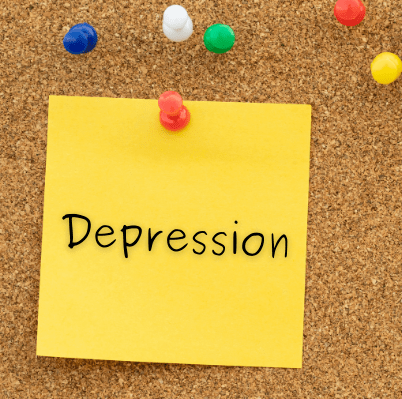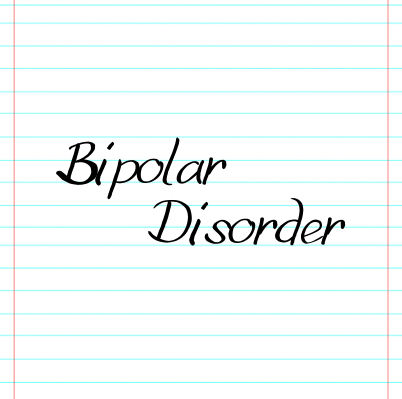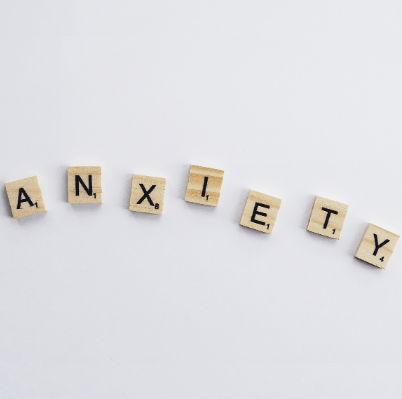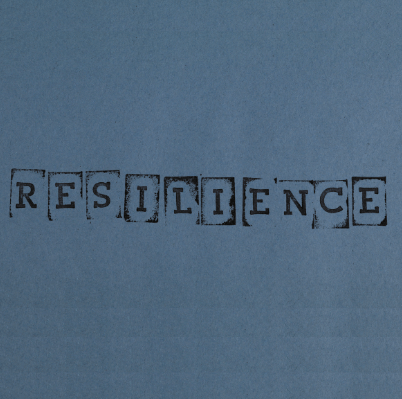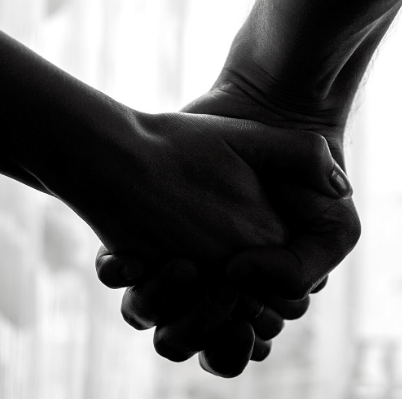It’s important that you don’t try to deal with depression or bipolar disorder all on your own. Reach out to family and friends, and use the help and support that is available to you.
Keep helpline numbers close to hand and consider attending one of our support & self care groups. Talking to someone who understands can bring reassurance and enable you to learn new coping skills. Remember – you’re not alone.
Diagnosis and treatment
Lifestyle changes
Talks on looking after yourself
Diagnosis and treatment
The most important thing to do is speak to your doctor or mental health professional in order to get a correct diagnosis. To find a GP in your area, contact the Irish College of General Practitioners on 01 676 3705.
Attend follow-up appointments and if it’s been some time since you were diagnosed, go back to your doctor again in case your condition has changed.
Remember that medication can take some time to work (up to six weeks). Counselling and the other talking therapies can also take time to work. It is unrealistic to expect instant results.
Overview of Aware’s Services.
Finding the words: How to talk to your GP about your mental health.
Lifestyle changes
Exercise and get outdoors
Exercise can be very beneficial. Exercise releases endorphins in your body which are known to improve your mood. Even going for a short walk each day or simply sitting in the park can bring benefits – fresh air, engaging with nature, a sense of achievement and a break from usual routines which may be aggravating the depression or bipolar disorder.
Eat a balanced diet
Try to eat a balanced and nutritious diet. A healthy diet produces a healthy body and a healthy mind. Sugary foods lead to a sharp drop in blood sugars later on and this leads to energy and mood slumps. Caffeine also has a negative impact, causing increased heart rate and interfering with sleep.
Feeding your mental health
Nutrition and mental health:
The scientific evidence
Avoid alcohol
Alcohol is a depressant and can prove a potent trigger to low mood, especially in individuals prone to depression or bipolar disorder. It can also interact dangerously with medication.
Get enough rest
Try to get adequate rest and sleep. Sleep problems can be a symptom of depression or bipolar disorder. If you are having difficulty with sleep, look at your diet (caffeine or rich foods late in the evening can prevent sleep) and also think about getting some light exercise and fresh air later in the day.
Sleep well to live well
Writing as therapy
Many people find writing useful and it can have therapeutic benefits. Don’t worry if you don’t consider yourself a writer: simply writing a few sentences at the end of each day can help to relieve some concerns and no one need ever read what you have written. Looking back over things you have written previously can also show how far you have come – keeping a Mood Diary can be a great way to get started.
Mindful Relaxation
If you like listening to a guided meditation, you may enjoy this 5 minute clip to help bring you into the present moment.
Helpful talks on looking after yourself
If you would like to do some further reading, please see Aware’s Recommended Reading List.
The wellness session:
Living well for body & mind
Me & my mental health:
Managing everyday life
Social connection as a tool through
depression and bipolar disorder
Don’t believe everything you think


